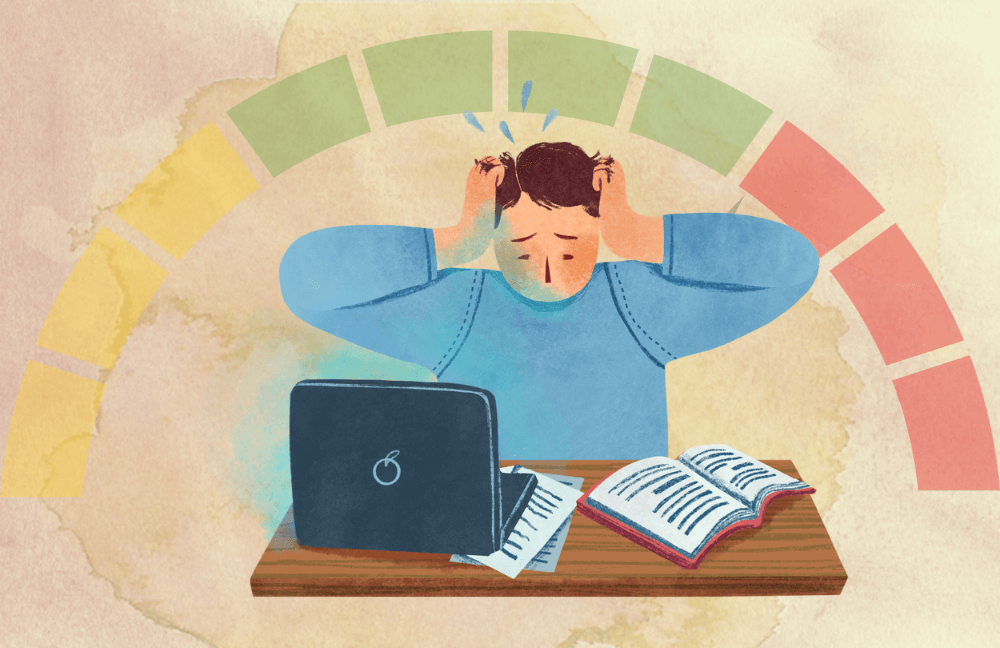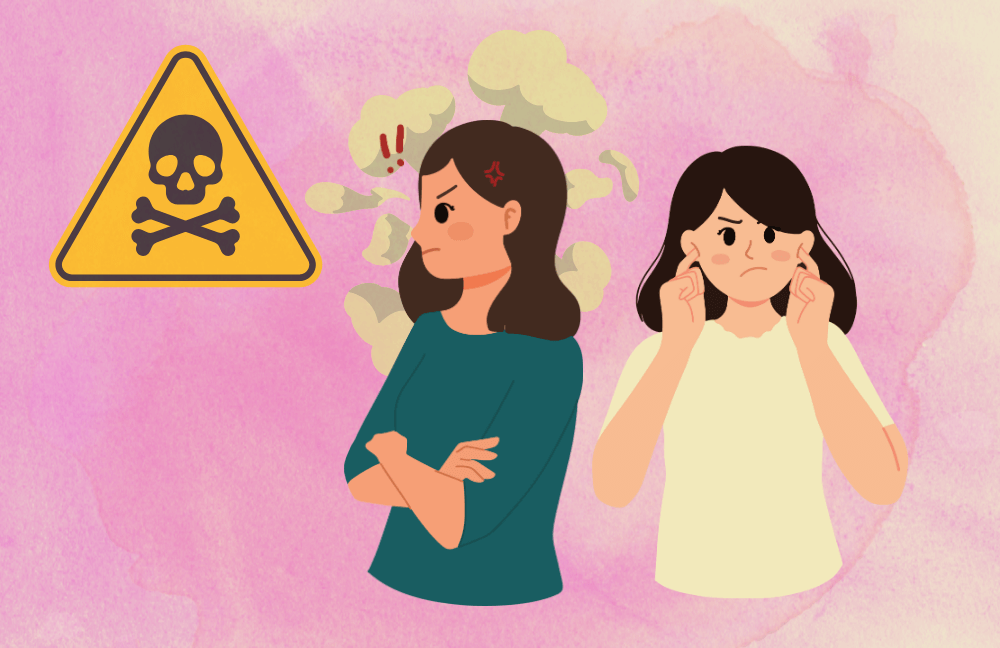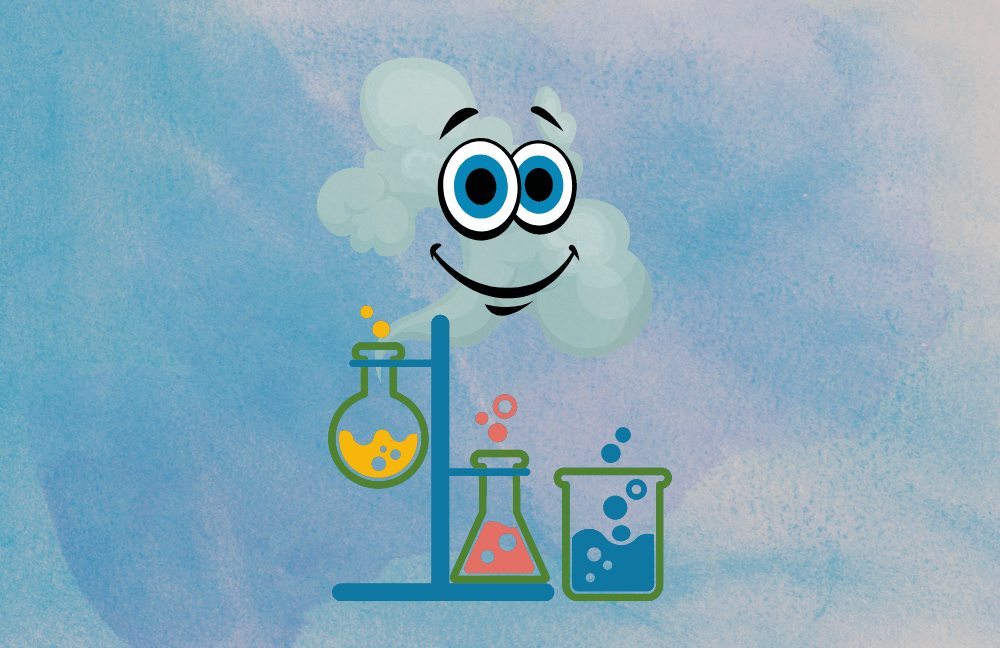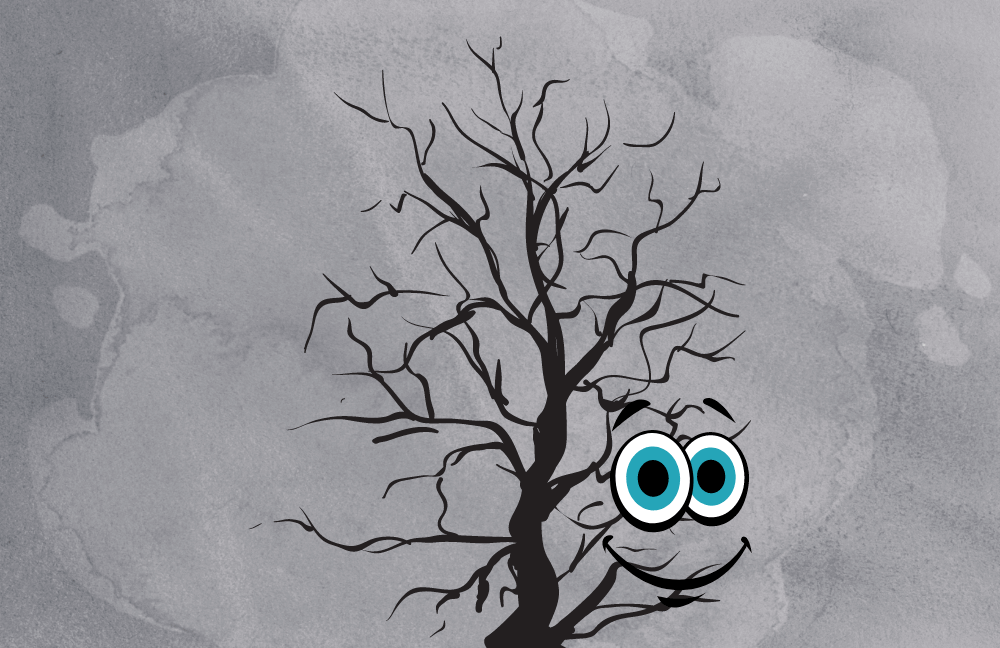
- Home
- About
- Book a Session
- Get Help
Personality
Relationships
Adult
Child
Schools
Corporates
- Do I need help?
- Trending
We like to seek pleasure and avoid pain. The term happiness can be defined as a state of such pleasure, gratification, comfort and well-being. Researchers, however, have begun to dislike the word as it is quite fuzzy and ill defined. Drugs of abuse make several people happy even though it’s obvious that they consume the addict’s life and scoff his or her sanity. But recent research clarifies the state of being by describing its two principal components – pleasure of the senses and the pleasure of purpose. Implying, feeling good at the physical level as well as a metaphysical parallel of seeing meaning in existence, and feeling content with life.
Charles Darwin speculated that emotions may be the root cause of the survival of the fittest. All animals are capable of emotion but humans seem to be the most evolved in this regard. The reward center in the brain releases dopamine or the wellness chemical during moments of pleasure. In fact, a lack of dopamine could lead to boredom and displeasure, or even depression, to explain simply.
Humans consistently seek to amplify positive emotions and our behavior hence is driven to things that we believe will make us happy. But this is not limited to selfish fulfillment of personal needs and desires. That would make us egocentric. We also tend to be alterocentric wherein we derive joy out of being nice to others. We may possibly see ourselves through people’s eyes, and whether recipients of our goodness tell us how they feel about our gesture or not, we believe we did good, and so we feel good.
“Now and then it’s good to pause in our pursuit of happiness and just be happy. It’s all about the moment anyways. This moment isn’t going to last. They never do.”
- Guillaume Apollinaire
50 years ago, Brickman and Campbell introduced the hedonic treadmill. You can run as fast as you want on the treadmill, but you’ll still stay at the same spot. Happiness can never offer an unlimited duration of pleasure. The very thing that we think makes us ecstatic at a given point, does not do so forever. The human brain is designed to adapt to an external stimulus and modulate the response with every exposure. With passing time, the brain demands change.
That is why the same person, sport, food or job can keep us continually happy only if we grow through the process. If we do not evolve, we stagnate and so does our happiness graph. That’s the reason why we wonder – “What even happened? I was so excited to get this car, job, partner, home, yacht or horse. I’m not happy about it anymore.” The truth is, the craving for happiness motivates us, but when we get what we desire, we realize it doesn’t give us as much happiness as we anticipated. We’re on the hedonic treadmill. We’re not getting anywhere.

“The ultimate goal is to attain well-being and satisfaction. Achievement of this goal can only start by asking what ‘really’ makes you happy. And being sure of your answer.”
- Martin Seligman





WhatsApp us